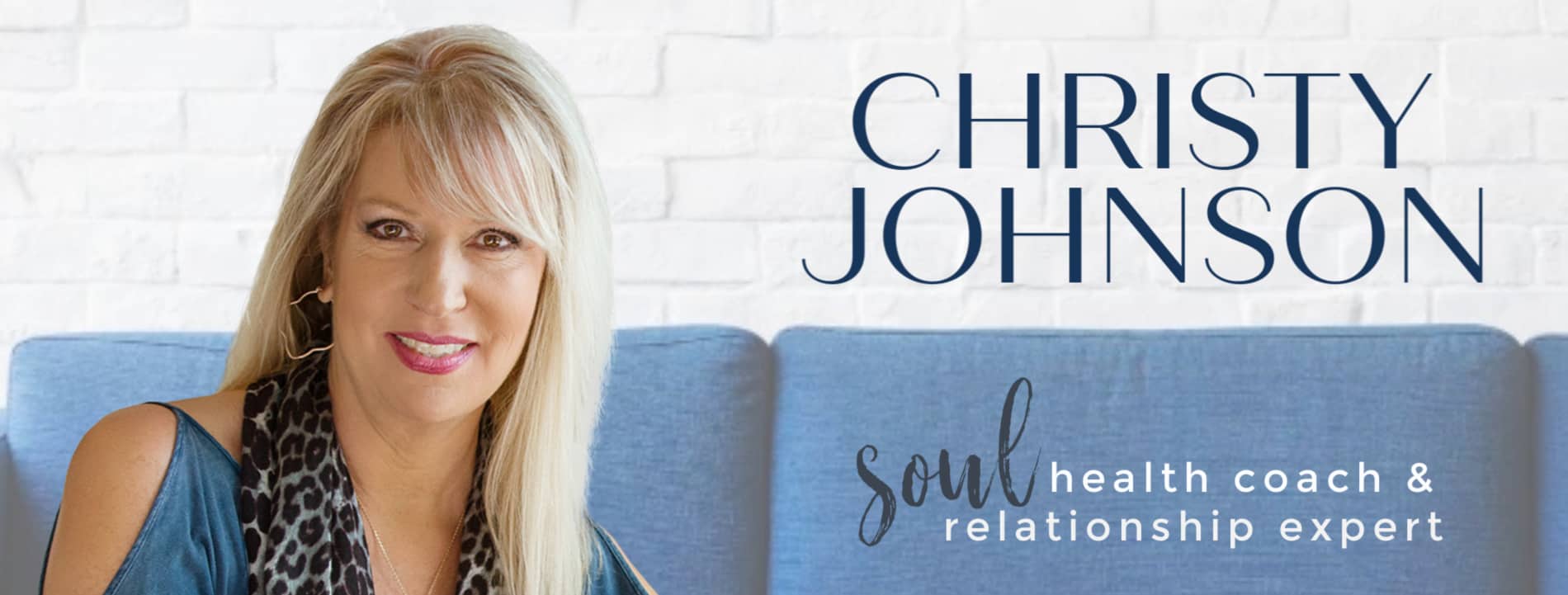
Does turning your cheek mean there is no need for boundaries? Is someone who has healthy boundaries less godly? Are Christians supposed to be doormats?
We do need to grow to the place where we can turn the other cheek, but without packing more baggage of unforgiveness in the process. Establishing healthy boundaries will enable us to continually walk in love and not be knocked off the fence when others offend us.
Proverbs says to guard your heart, because out of it flows the issues of life. That is my favorite boundaries verse! So here’s a few words of wisdom from an former wilderness woman who was so bound in bitterness she couldn’t see straight. If you find yourself constantly frustrated with other people’s behavior, it’s time to take a look at your own soul.
Unresolved frustration leads to bitterness, and yet, sometimes we don’t even recognize it because it’s been there so long that it’s become a part of us. That’s when we need to do some spring cleaning in our heart and clean some issues that are growing mold. This is one way to take care of our “temple.” Afterall, Jesus said to love others as we love ourselves. If we don’t love ourselves very much, we won’t have any love to give others. It’s the same principle that airline attendants instruct passengers. “In the event of the loss of cabin pressure, FIRST place the mask over you own face.” They know the importance of disaster aid. If you don’t take care of yourself first, you won’t be in a position to help others.
There’s a fine line between setting boundaries to protect our heart from bitterness and turning the other cheek. This was something I only learned through a long process of trial and error. Here’s what I’ve concluded. If I “tolerate” someone’s disrespect because somehow that seems more Christian, but then it causes me to harbor unforgiveness, what is the net effect? Since unforgiveness is a sin, I’ve won a merit badge for turning my cheek, but I’ve ended up with a demerit in the end. Most of the time I ended up worse off for trying to do better.
Acts 8:23 gives shocking insight into bitterness. “For I see that you are full of bitterness and captive to sin.” When we don’t forgive, we are not just more vulnerable to sin, we are bound to iniquity. Like a fly on a No-Pest strip, we are stuck in a sticky trap. That’s when we need to turn our offenses into fences by establishing healthy boundaries. When we fail to clear boundaries we leave ourselves vulnerable.
Consider this: When others continually violate us, it may not always be their fault. Sometimes we tolerate too much. It’s twisted Christianity when we think we should let others walk all over us. After all, Jesus said to love others as we love ourselves (Mark 12:31). If we don’t love ourselves very much, we won’t have any love to give others. It’s the same principle that airline attendants instruct passengers. “In the event of the loss of cabin pressure, FIRST place the mask over you own face.” They know the importance of disaster aid. If you don’t take care of yourself first, you won’t be in a position to help others.
In the same way, bitterness is like losing oxygen. When we are bound by bitterness because we let others disrespect us, our capacity to truly love is severely compromised. Now I know what you’re thinking. “Aren’t boundaries selfish? Isn’t it wrong to put ourselves first?” Well, Jesus said to love God first, then ourselves, so that we could love others. He knew the divine order of things. When we love God and take care of our own temple, eventually, a beautiful thing happens. Our offenses turn into fences. When we are no longer offended, our capacity to love increases. Not only do we love ourselves more, but others recognize that. They respect us more. But the best part is that we are capable of showing love in a much greater capacity. People who once irritated us no longer do. They may not have changed their actions, but we can love them in spite of it.
I can tell you it works! As I have matured in my ability to tolerate others imperfections, the boundaries and fences around my temple have become smaller. The fences to protect my heart have increased my capacity to love. Today I love bigger and so can you!
Prayer: Father, I thank You for my friend and the good work You have begun in her. I declare that because Your spirit lives in her, You have enabled her to love with a godly, ever-icreasing love. I thank you that through Your grace she has the capacity to overlook an offense when others mistreat her. Your wisdom gives her the discernment to know when and how to guard her heart by establishing boundaries so that Your love shines in her. In Christ’s name I pray. Amen.



This is so powerful, thanks.
Wow, this is an eye opener, thank you
Brilliant! Thank you!
Thanks so much..im on my journey of learning how to love myself…I needed this so much…
Very powerful! Thank you very much!
Thank you for the information it has been enlightening. In eight years of marriage I felt like I was in prison and feared divorcing him due to the many threats and how abusive he was. I am now eight months divorced but have PTSD and struggle to sleep through the night. I no longer trust men no matter how much they want a relationship with me I turned them away.
I am so grateful to God for choosing Christy to speak, teach and share these wonderful messages❤️
I need help and I don’t know how to begin. I’m so stuck
It’s so important that we pay attention to our feelings. When you notice you’re tense, anxious or bitter, ask God to show you how He wants you to respond. Pray for His direction! Jeremiah 33:3 says, “Call to me and I WILL answer you. I’ll show you great and mighty things you don’t know!”
You talk about building fences or boundaries… what does that look like?
When others violate or disrespect our wishes, boundaries are essential. But an effective boundary is much more than just stating what you want or don’t want. That only works with those who respect us. Creating and enforcing consequences communicates to others that we will no longer tolerate unacceptable behavior. Even the Bible tells us that stubborn people cannot be corrected by mere words; though they understand, they won’t respond ( Prov 29:19).
Can you give a practical example of a boundary when dealing with a spouse who verbally abused and uses threats and intimidation, won’t respect spoken boundaries of the behavior being unacceptable. What then?
Start with “I” statements. Accusations cause others to be defensive. If you want to be heard, refrain from saying “you always” or “you never.”
A good boundary statement pattern is:
When you __________________I feel _________________
I want _________________
If you don’t, I will _______________.
For example, I feel afraid when you threaten me. I can’t hear you when I scared. I want to refrain from making intimidating remarks. If you continue, I will _____________________.
The consequence part of a boundary statement must be something you are willing to enforce and have the capacity to enforce. The purpose of a consequence is to guard your heart. While they are not meant to be punitive, they must also be something that will hopefully motivate your partner to action.
It may take a while to brainstorm, pray and consider what a viable consequence would be. Don’t be hasty. You’ll likely relent later if you utter a consequence in frustration. Be patient while you consider what you’re willing to carry out and what you think will influence change. Also prepare yourself for the pushback and accusations. If you cave under the pressure you’ll just teach your partner that you don’t mean what you say.
Some examples might be:
I will go in the other room and will not engage until you can speak to me with kindness.
I’ll sleep in the guestroom tonight.
I’ll plan time with my girlfriends this weekend instead of going on our planned date this weekend.